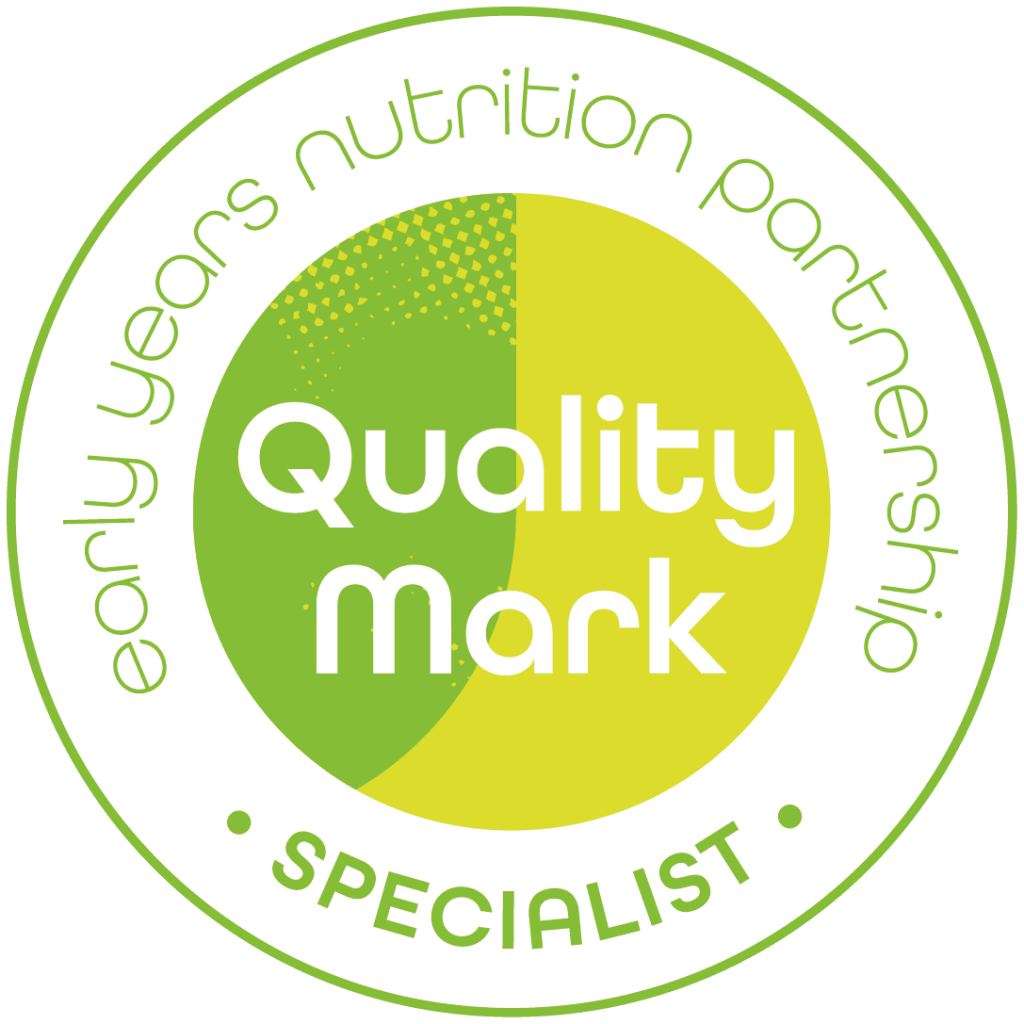Nutrition Menu
Willows Pre-School / Nursery

Nutrition Policy vindicated once more.
Most parents would agree that it’s important for children to eat healthy snacks. But what exactly constitutes a healthy snack? In 2011, our Wimbledon Nursery took a stand on the issue by banning the use of juices in all its settings.
We argued that juices are nothing short of sweetened water and offer little nutritional value. While some were concerned about this decision, we are now applauded for taking a stand against sugary drinks. We also took a stand on processed food and as far as possible all meals are started from scratch.
Of interest is a recent (2021) study from Imperial College London, British children are consuming ‘exceptionally high’ proportions of ultra-processed foods, increasing their risk of obesity and damaging their health. The study, which was published in JAMA, analysed the diets of 3,911 children aged 11-19 and found that ultra-processed foods made up more than half of their total daily calorie intake. These foods, which include popular items such as sugary drinks, processed meats, packaged snacks and instant noodles, are often high in sugar, salt and saturated fat.
They also tend to be low in essential nutrients like fibre and vitamins. The findings suggest that British children are far more likely to consume ultra-processed foods than their counterparts in other European countries. In fact, the average child in the UK consumes twice as many calories from these foods as children in France and Finland. Given the well-documented link between ultra-processed foods and obesity, this is cause for concern.
It is more than 10 years since Willows first took a stand on the value of nutrition and believe in giving children the best opportunity for a successful and healthy life. These recent findings highlight the importance of establishing healthy eating habits in childhood.
These early eating patterns spread into adults establishing the difference between a vigorous health span or a life plagued by a range of negative physical and mental health outcomes including metabolic syndrome, hypertension, dementia and cancers.
There is a lack of regulation in these areas and so it is up to parents to become informed and make these changes themselves.

